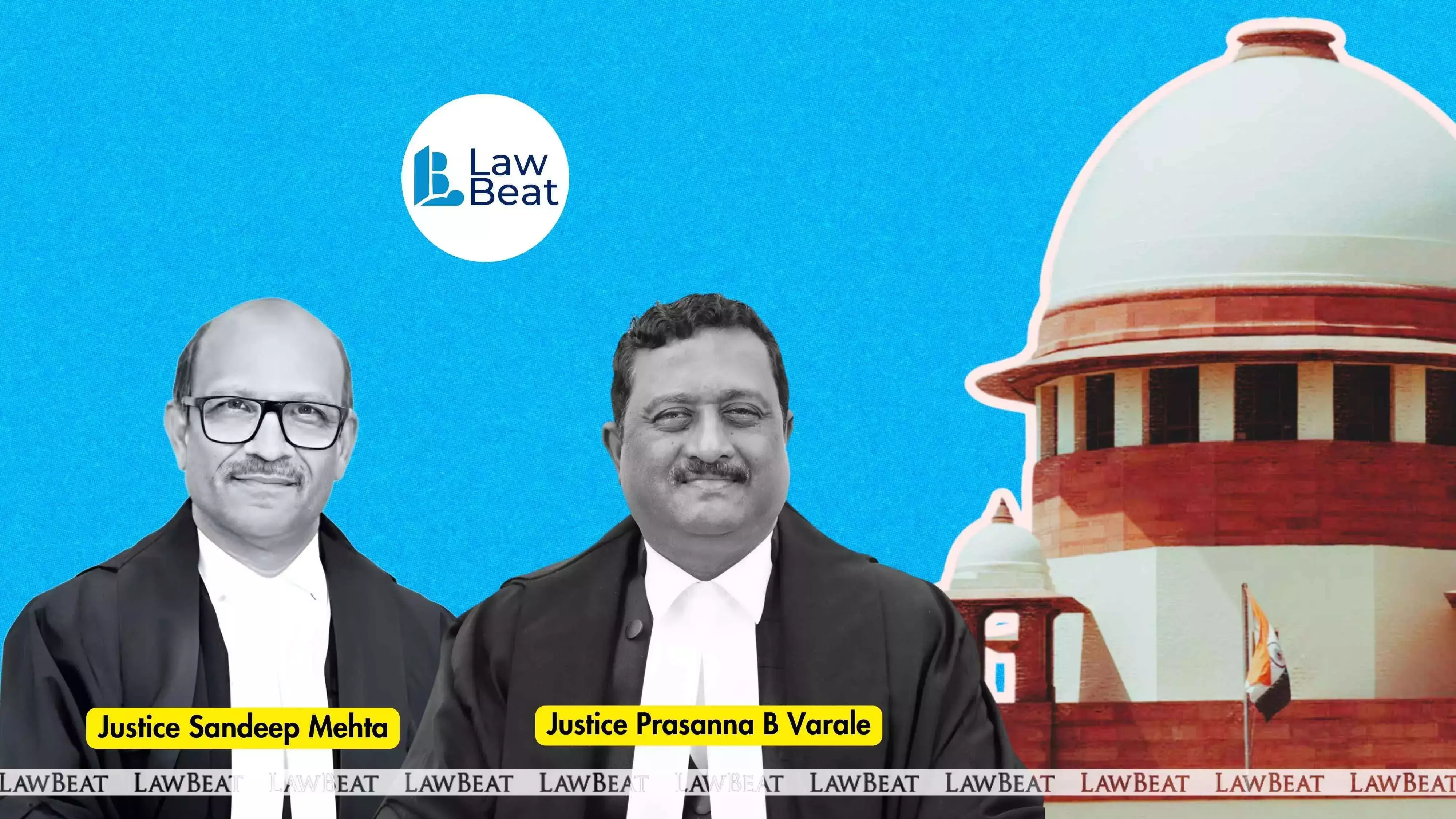Courts To Refrain From Staying Conviction In Corruption Case: SC

The Supreme Court has reiterated that courts must exercise restraint in staying the conviction of public servants convicted on corruption charges.
A Bench comprising Justices Sandeep Mehta and Prasanna B. Varale dismissed a special leave petition filed by Raghunath Bansropan Pandey challenging the Gujarat High Court’s order dated April 3, 2024, which declined to stay his conviction.
The petitioner was a public servant, convicted by the trial court for offences under Section 7 read with Section 12 and Section 13(1)(d) read with Section 13(2) of the Prevention of Corruption Act, 1988. He was sentenced to three years imprisonment for the offence under Section 13(1)(d) read with Section 13(2), and two years for the offence under Section 7 read with Section 12 of the Act.
In the criminal appeal filed before the High Court seeking suspension of sentence, the single-judge bench clarified that the order did not amount to a stay of conviction and that the conviction would continue to remain operative.
Aggrieved by this observation, Pandey approached the Supreme Court, contending that the High Court erred in not staying his conviction.
After considering the submissions of counsel and perusing the impugned order, the Supreme Court observed:
“This Court in K.C. Sareen v. CBI, Chandigarh [(2001) 6 SCC 584] and CBI, New Delhi v. M.N. Sharma [(2008) 4 SCC 222] has categorically laid down that the courts should refrain from staying conviction of public servants who have been convicted on charges of corruption. Ex facie, we find no justifiable reason to take a different view.”
Finding no infirmity in the High Court's decision, the Bench concluded that no interference was warranted and dismissed the special leave petition as being devoid of merit.
Case Title: Raghunath Bansropan Pandey Vs The State of Gujarat
